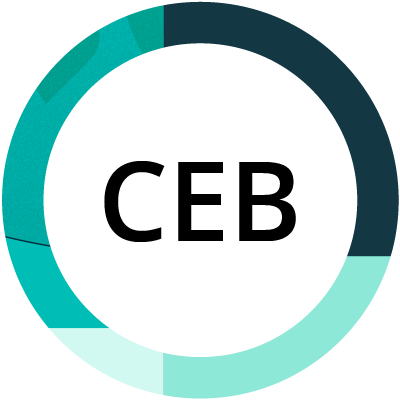Pivotal role in research hub
Dr Ljiljana Fruk and group involved in new hub to boost early disease diagnosis and treatment with quantum technology

Dr. Ljiljana Fruk's Bionano Engineering research group at the Department of Chemical Engineering and Biotechnology (CEB) is set to play a pivotal role in a major research hub using advances in quantum technology to revolutionise early disease detection and treatment.
The hub, Q-BIOMED, is led by the University of Cambridge and UCL and is one of five quantum research hubs announced today by Peter Kyle MP, the Secretary of State for Science, Innovation and Technology, supported by £160 million in funding.
Dr. Fruk's team is already collaborating closely with physicists and biologists to develop innovative strategies for tuning the surfaces of nanomaterials, to ensure they interact effectively with diseased tissues and damaged cells. The extraordinary sensitivity of quantum sensors allows the team to gather detailed information on disease progression at unprecedented levels of precision. This capability is crucial for identifying biomarkers for cancer and neurodegenerative diseases, which could ultimately lead to improved therapies.
Organic nanoparticles. Credit: Leander Crocker
Organic nanoparticles. Credit: Leander Crocker
Dr Fruk said: “The Q-BIOMED hub will exploit quantum sensing approaches based on nanomaterials such as nanodiamonds and techniques like magnetic induction tomography, bringing us closer to a future where diseases are caught and treated at very early stages.”
One of the group's key projects involves the development of nanodiamond quantum sensors in collaboration with Daniel Munoz Espin from the Early Cancer Institute and Helena Knowles from the Cavendish Laboratory. These sensors are designed to monitor aging in cancer tissue after chemotherapy, providing real-time insights into treatment effectiveness and disease evolution.
Dr. Fruk expressed her enthusiasm for the interdisciplinary nature of the project.
She said: “I am delighted to be part of such a diverse team of researchers and clinicians. Our goal is to combine quantum technology with an understanding of disease evolution to transform the future of biomedicine."
"Despite major advances in diagnostics over the past 20 years, there are significant limitations in current imaging and biosensing tools. Quantum sensing can provide more accurate and affordable options.”
Cancer cells doped with green nanoparticles for visibility. Credit: Andrea Popov, Francesca Mella
Cancer cells doped with green nanoparticles for visibility. Credit: Andrea Popov, Francesca Mella
The Q-BIOMED hub, along with four other newly announced quantum research hubs, aims to accelerate the entire innovation pipeline from discovery research to clinical implementation. By harnessing quantum properties, these hubs will deliver unparalleled analytical power, driving significant advancements in healthcare and beyond.
For more on the university’s wider involvement in the Q-BIOMED hub, click here.


